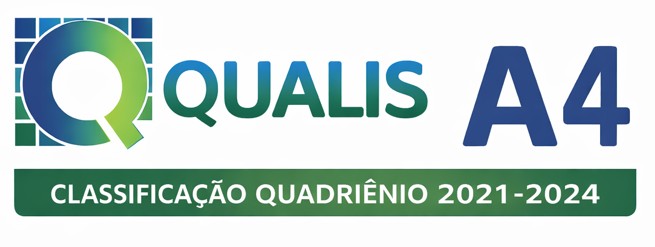Discovery and documentation of botanical species: training, research, and publication in the public network of the Federal Distric
Keywords:
Botanical Blindness, Science Education, Scientific Documentation, Public Outreach, Botanical Instruction, Educational DevelopmentAbstract
Plant diversity is crucial for sustaining ecosystems, providing essential services that support life on Earth. Botanical records are key to scientific advancement, aiding in the classification, evolution, and understanding of plant life. Effective botany education should be hands-on and engaging, inspiring students to explore the importance of plants and ignite their scientific curiosity. A study conducted at Centro de Ensino Fundamental 04 in Guará, Federal District, involved seven seventh-grade students chosen by their Science teachers. These students collected plant species from the school grounds, identifying them with the support of digital tools, online resources, and experts. A questionnaire, analyzed using Bardin's methodology (2016), uncovered patterns and themes that informed the study's conclusions. The students acquired research skills and gained an appreciation for the significance of botanical science in both Brazil and their local community. They also learned about scientific naming conventions, Latin spelling, and the specific occurrence of different plant species. Botany education is vital for environmental conservation, yet without adequate educational support, access to practical experiences and an understanding of biodiversity may be limited. Involvement in environmental projects helps foster an appreciation for nature and the protection of endangered plants. A comprehensive, interdisciplinary approach to environmental education is necessary to bridge scientific and traditional knowledge. Additionally, popular education and local expertise are essential for fostering a democratic, reflective, and sustainable educational experience, especially for young people in vulnerable social situations.










